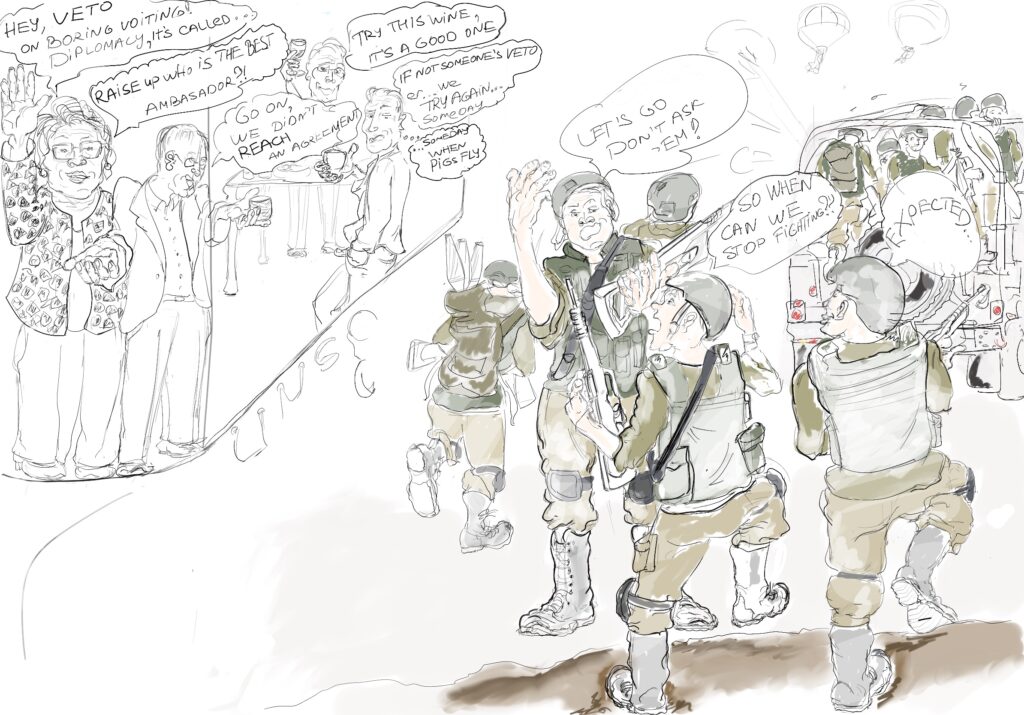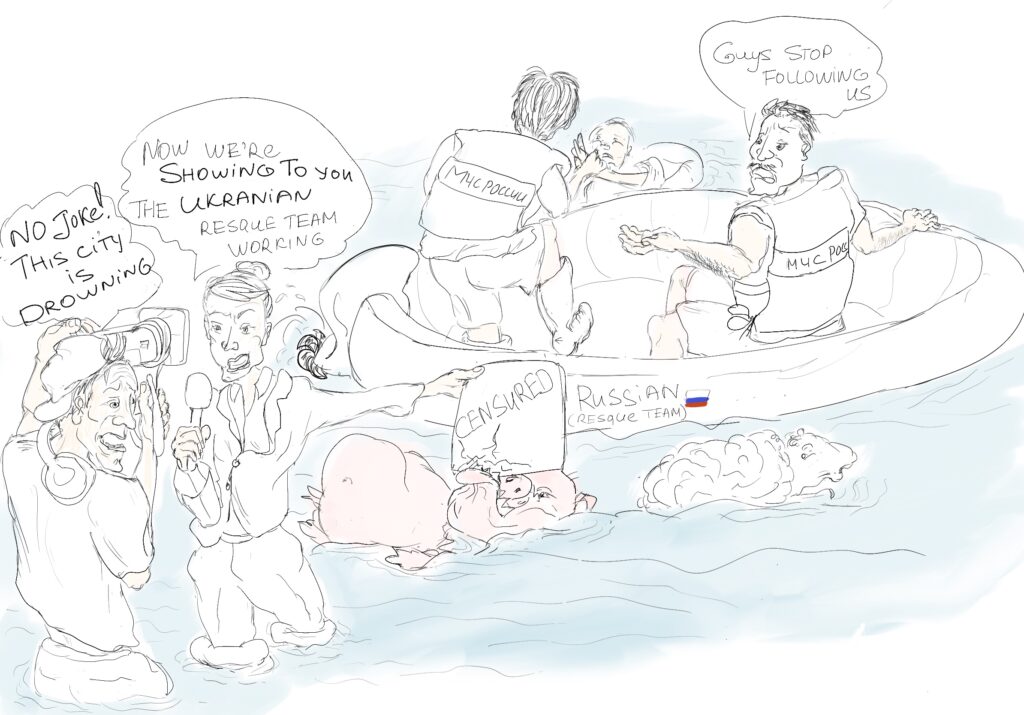13 Oct Big World conflict…when?
Chances for WWIII this days? One dollar bid it would take its start in the Middle East…or will ya give me two for the point break happening in Asia? Somewhere in the Middle East rising up from mountainous vicinity or big burst would be kicking from Asia or Europe again risking to be at the centre of missile targets? Somehow, not seeing Africa and South America as a key players in WWIII, but —no accurate count is possible— who knows, those areas, nowadays, countable for many political debates: cutting ends of colonial past, claiming its territorial sovereignty, and orchestrating routes of their trade(resources) with the world’s most influential countries. Putting aside this auction on who and where the next world conflict will happed, bit by bit, looking at some deeply rooted cultural and religious conflicts around the world, the chances for the World War in this century is definitely growing. I would say even rapidly growing, and won’t be wrong, alas bizarrely pocking the world map: big conflicts kick off in different places, on different territories, between different players[countries], — marking here — with multiple players. Yes, quite pessimistic to mention all of that. It seems like decades of neutrality between those well-known big power states is frittered away and now the army commanders, who waited enough for ‘window of opportunity’, can rest on the laurels.

Normal day in UNSC: get around the table, tell your country’s position, disagree with others, call names who is accountable for what, how to prosecute the guilty side of the conflict and so forth. Those meeting usually never tells you much…doesn’t change a thing, and so unlikely to stop the conflict.
Media role : "we came, we saw, we report"
World news reports…what do they cover? The ones in US, EU, China, Russia: same subjects but the narrative differs. Impressively differs, and in some sense domineering when it comes to the world politics: country’s media would pick up some specific facts that would make ’em [country that they present] to look good. Make sense, any broadcast has sponsors, particularly on the official(government) channels. And some of them are just so opinionated, loudly, yeah really loudly defending one side. Some channels must follow the written script for them [media], including the guide for face mimic and gestures. Written by their sponsors, I skipped to mention that. No surprise, it works! Sadly, not many folks could understand what the media and their journalists are employed to do: Idea(s)? Argument(s) for and against? What ‘language’ do they[media] use with an audience… How the news are send into the masses and to what degree it affect collective mindset on a daily basis?; meanwhile avoiding or barely, — like a half whisper — talking about facts that would possibly seed confronting thoughts.
If to shortly remark only on two types of audiences toward the news that have no back-up ground, or real facts to rely on, just a simple ‘rumour has it’ content—i)majority does takes-in fully this flat news, which seemed to be enough for a weekly catch-up, not focusing what is really going on, how could it change their own lives; ii)whereas, minority, would not follow this kind of ‘one side persuasive’ news that are just inflaming huge disregard towards that resource/media.
Yes, extreme in both ends: from too naive and ignorant(majority) to the most detail-oriented and critic(minority).

When media favour only one side of the conflict…
…we report: what matters
The main topics in the US, China, Russian and EU media channels? Well, mastering the hateful and incendiary rhetoric towards their county’s enemy could be the “front page” subject. Unfortunately, conflict parties [whoever it is, Russian vs Ukraine, recently Palestine – Israeli war, and military escalation in the Middle East] use such rhetoric in media for only one purpose – to excuse a collateral damage that is more likely to happen in a near future, via ministry of defence(military forces). Shuffle and toss — now talking like a casino croupier — the war-making narratives that always fire up the conflict even more, like calling other party actions as a ‘terror’, which are in the eyes of the other side always seen as a simple defence… Resolving the territorial questions, flashing own values as an excuse to attack those who dare to violate it, or even just remain neutral. Here comes the question: pardon, what are those values exactly? That so fragile to carry on, worrying that someone would come in and totally flip-and-throw your national life choices? So this face-in simple question never gets that clear response that would cut-off the ends of confusion — WHO is fighting FOR WHAT, Eh??
Another point is the classic moves once the conflict happens.





No Comments